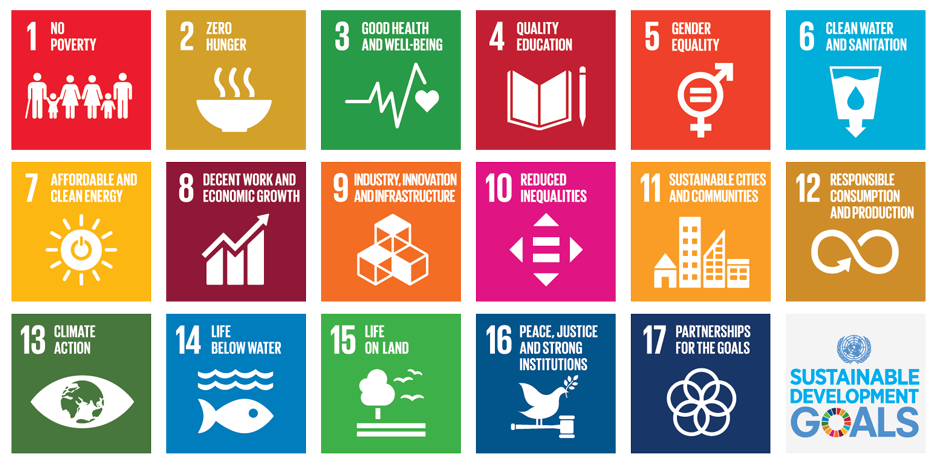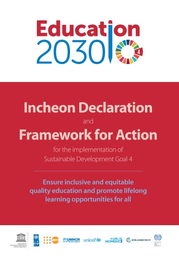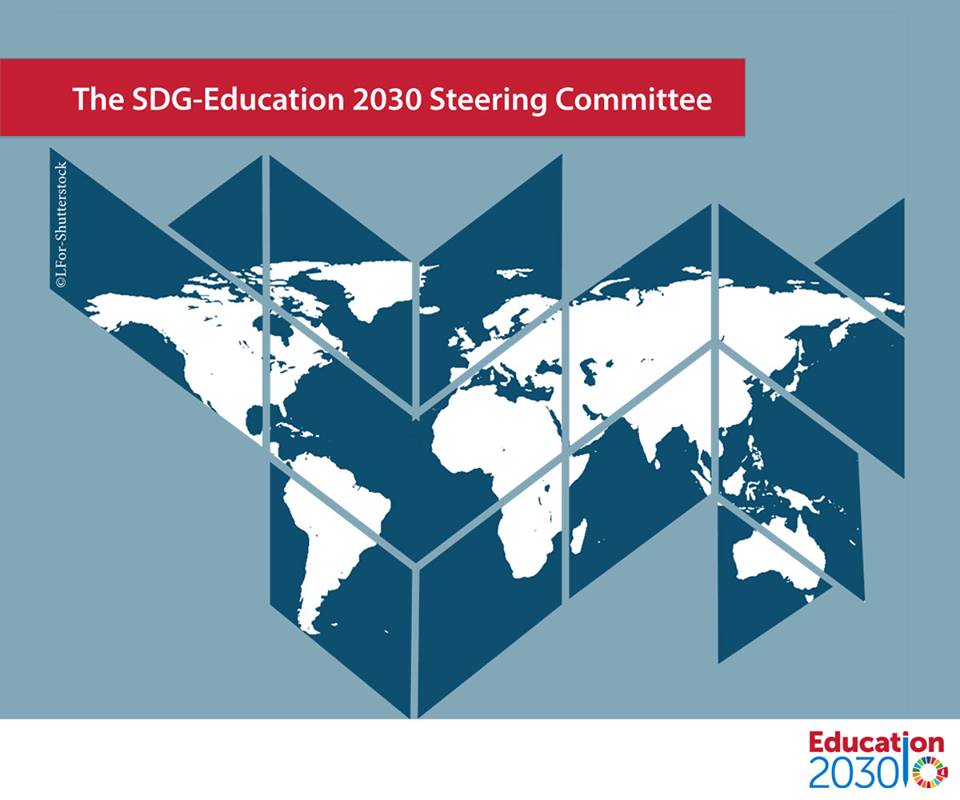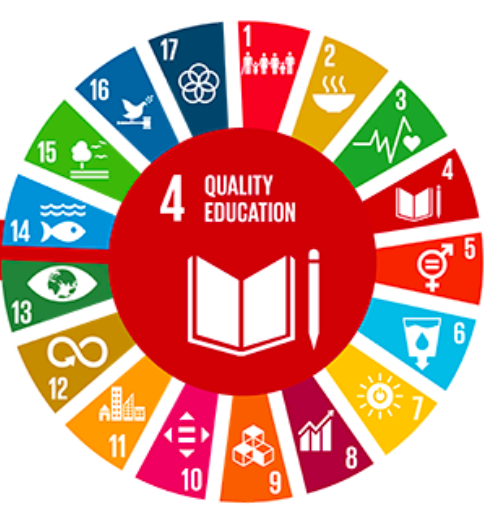SDG4-Education 2030
The 2030 Agenda for Sustainable Development is “a plan of action for people, planet and prosperity” consisting of 17 goals, with the fourth goal, SDG4, devoted to education: “Ensure inclusive and equitable quality education and promote lifelong learning opportunities for all.”

SDG4, its 10 corresponding targets and the education-related targets of other SDGs, notably those on health, growth and employment, sustainable consumption and production, and climate change, constitute the core of a single, renewed education agenda - the Education 2030 Agenda - that is holistic, ambitious, aspirational, transformative and universal, leaving no one behind.

The key principles of the SDG4-Education 2030 vision are lifelong learning, quality of education (relevance and learning outcomes), and equity and inclusion.
Progress toward SDG4-Education 2030 is coordinated and monitored by UNESCO at the global and regional levels.
Global SDG-Education 2030 Steering Committee

The RCG4-WCA reports to the SDG-Education 2030 Steering Committee, which meets twice annually. The Steering Committee provides strategic recommendations and technical advice to guide the education community and member states toward the achievement of SDG4.
Monitoring SDG4

SDG4 progress is monitored through several mechanisms, including consultations on SDG4 monitoring at regional and global levels to which the RCG4-WCA has contributed:
- Pan-African High Level Conference on Education (PACE), Nairobi, Kenya, April 2018
- The Global Education Meeting (GEM), Brussels, Belgium, December 2018
- The United Nations High Level Policy Forum (HLPF), New York, United States, July 2019
The Global Education Monitoring Report is an independent, evidence-based mechanism to monitor progress toward the ten Education 2030 targets. Regional and national annual launch events share the Report's conclusions and recommendations with education stakeholders.
- The Global Education Monitoring Report
- The 2019 Regional Launch of the Global Education Monitoring Report in West and Central Africa, December 7, 2018
Brief History
The movement for enhanced international cooperation in education began in 1990 with the adoption of the World Declaration on Education for All (EFA) in Jomtien, Thailand, by nearly 150 governmental and non-governmental organizations. The goal was to create universal access to basic education for all children, youth and adults by the end of the decade.
In 2000, when the movement was given a new impetus at the World Education Forum in Dakar, where 164 governments committed themselves to achieving six Education for All goals, integrating the concepts of gender equality and quality education. In the same year, the United Nations adopted the eight Millennium Development Goals, with Goal 2 aiming to achieve universal access to primary education by 2015, continuing the work of the EFA.
In 2015, the World Education Forum in Incheon, Republic of Korea, adopted the Incheon Declaration, which reaffirms the commitments to Education for All in Jomtien and Dakar and is committed to implementing the new Education 2030 global agenda.
